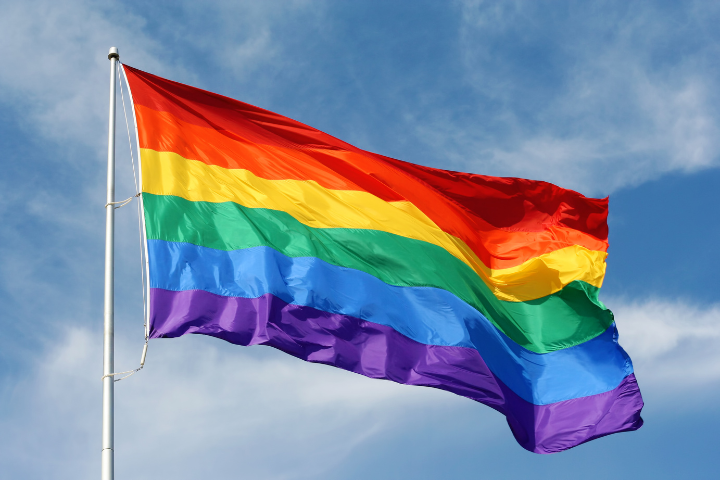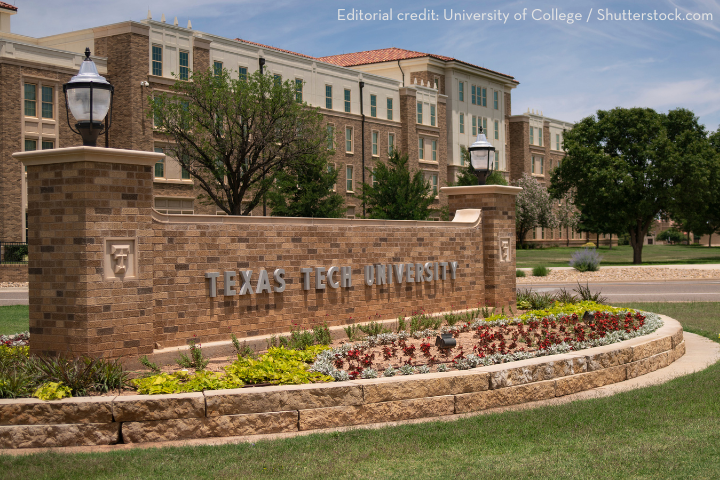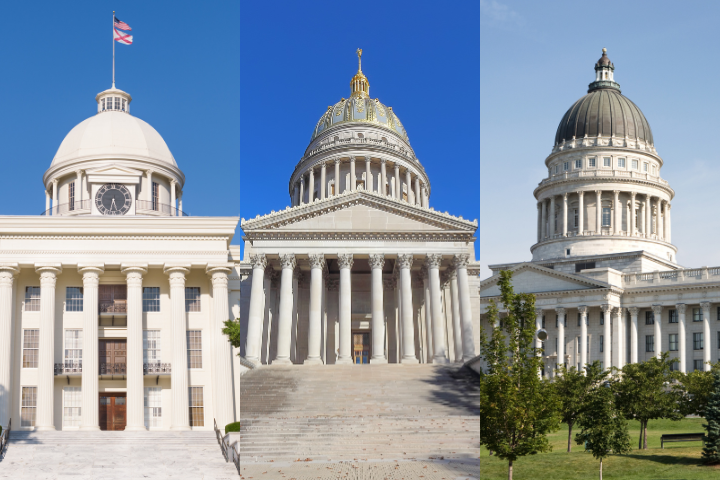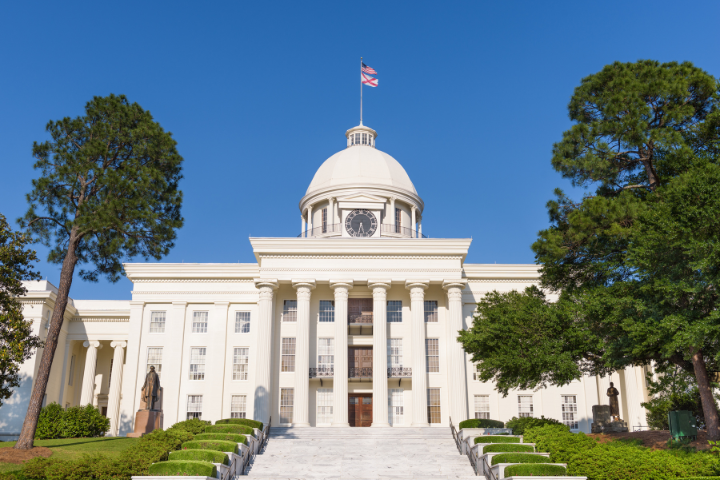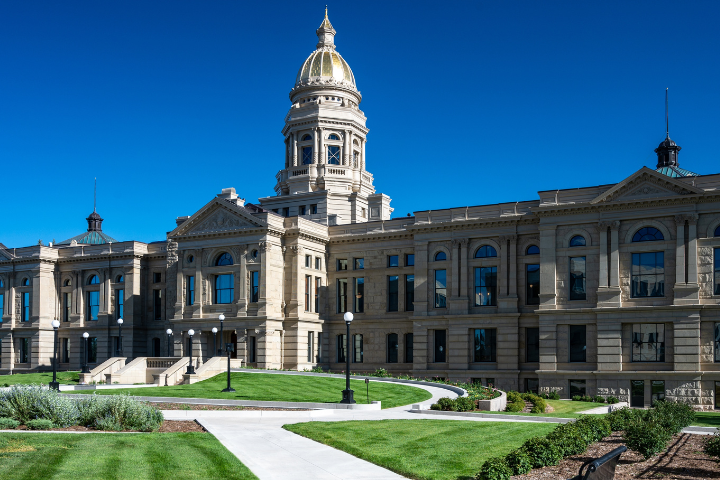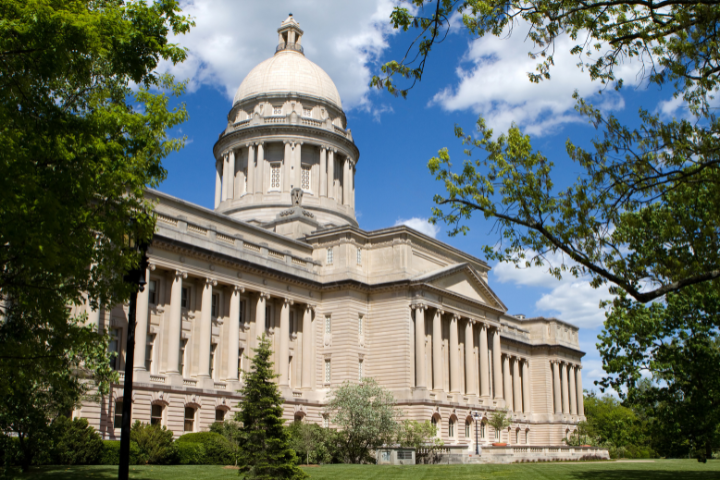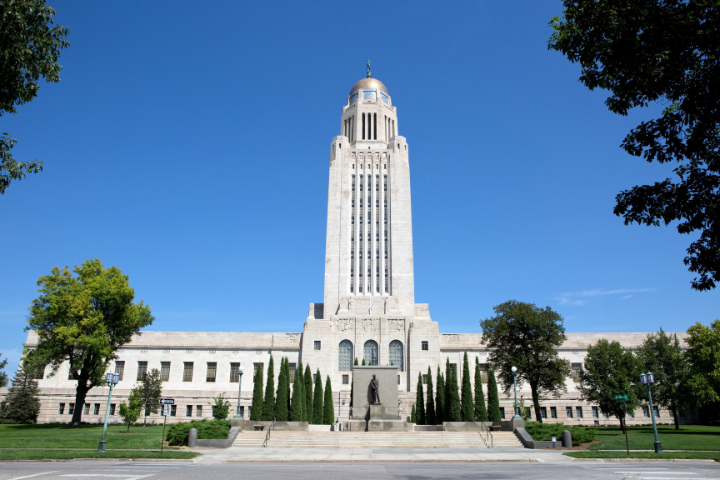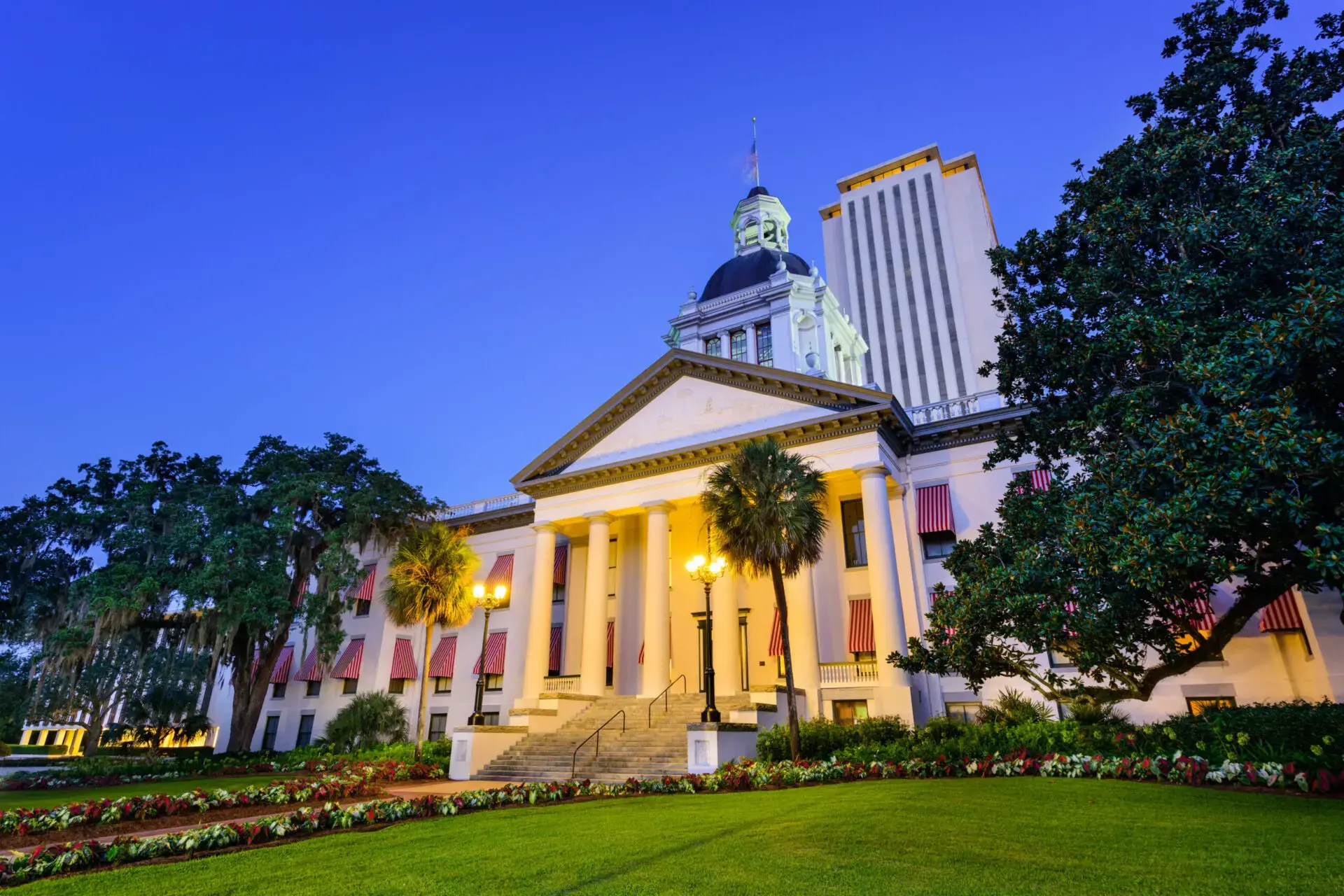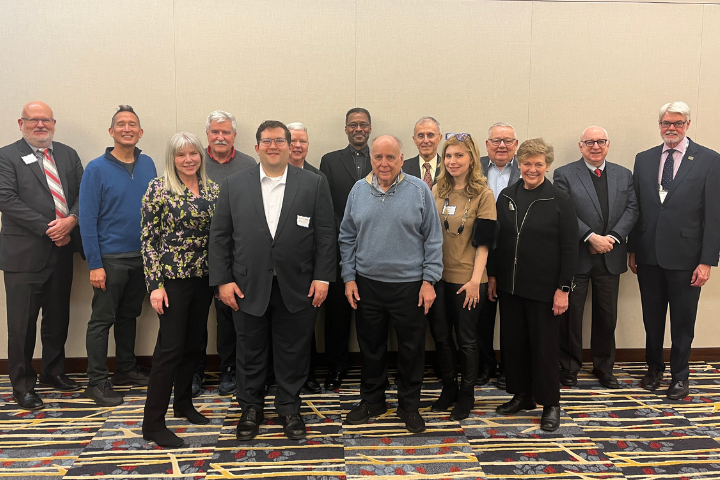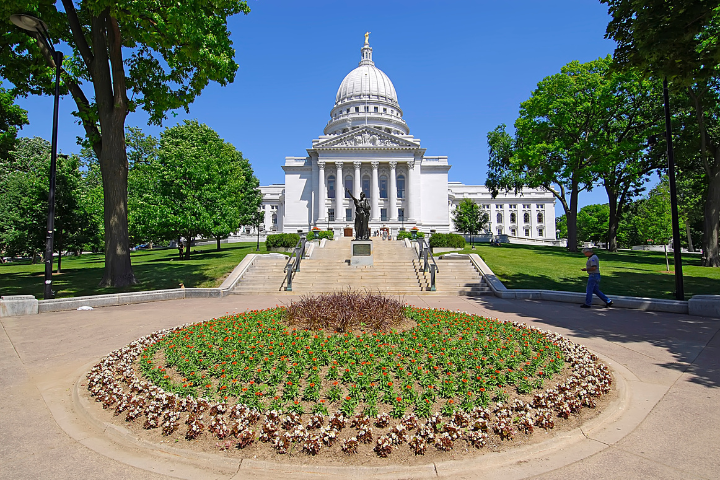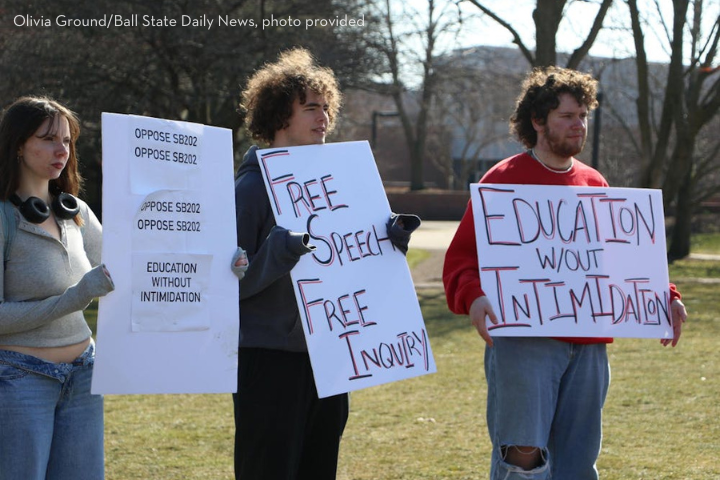
This post is part of a series from PEN America tracking the progress of educational gag orders and censorious legislative efforts against educational institutions nationwide. These bills are tracked in our Index, updated weekly.
Imagine a board of volunteers with no academic training, but a mandate to root out “bias” in the faculty and the power to change student grades. Or college leaders who are forbidden by law from using “inclusive language” or acknowledging that some racial groups have some social advantages over others. Or a university where professors can get fired for bias – not because they are biased or even are suspected of being biased, but because somebody believes that they might become biased one day in the future.
All of these scenarios – and many more – are on the table this legislative session. The lawmakers behind them claim their goal is simply to promote “neutrality” in higher education, and reassure faculty that their individual academic freedom will go untouched.
They are wrong. Not only does this legislation fail to promote actual neutrality, it harms academic freedom and erodes educational standards. These bills adopt the rhetoric of “neutrality” but select certain topics for censorship in a heavy handed and ideologically imbalanced way. Their thumb is clearly on the scales.
Some state bills being considered this year would require that individual faculty be “neutral” in the classroom. These bills are almost certainly unconstitutional. Part of what it means to be an academic is to take a side – to say that “this is true” and “that is false.” To expect faculty to do otherwise, let alone to require it by law, is to betray what it means to educate. And inevitably, what it means to be “neutral” in a college classroom is a highly contested question.
More complex are those bills that would impose neutrality on public colleges and universities as institutions. American higher education has been arguing over the merits of institutional neutrality for more than a century. One notable intervention in this debate occurred in 1967, when a faculty committee at the University of Chicago issued the Kalven Report. This 2-page document asserted a relationship between the institutional neutrality of the university and the academic freedom of faculty. A university, the report declared, “cannot take collective action on the issues of the day without endangering the conditions for its existence and effectiveness.” Whenever it takes a position on some controversial matter of public concern, “it does so at the price of censuring any minority who do not agree with the view adopted.” Its best option, therefore, is to remain neutral.
So says the Kalven Report, anyway. By contrast, other groups believe that universities are “value-laden institutions” with expansive missions that frequently encompass matters of public concern. If they are to fulfill that mission, therefore, they must be prepared to weigh in on those matters, albeit with great care and sensitivity. To distinguish this view from that of the Kalven Report, former Princeton president William G. Bowen has referred to it as one of “institutional restraint.”
Should universities, as corporate bodies, remain neutral on controversial public issues? Or should they simply exercise restraint? It is an important question on which people of good will can disagree. But everyone should be able to see the danger of letting politicians and state bureaucrats dictate their own versions of “neutrality” to higher education.
Unfortunately, that is exactly what some 2024 bills would do.
Individual Neutrality
Many of this year’s forced neutrality bills target faculty directly. The leading example is unquestionably Indiana’s SB 202. This piece of legislation, which was signed into law on March 13, allows a public university’s Board of Trustees to fire faculty or deny them tenure if, in the Board’s opinion, they are:
- “unlikely to foster a culture of free inquiry, free expression, and intellectual diversity within the institution;”
- “unlikely to expose students to scholarly works from a variety of political or ideological frameworks that may exist within and are applicable to the faculty member’s academic discipline;” or
- “likely, while performing teaching duties within the scope of the faculty member’s employment, to subject students to political or ideological views and opinions that are unrelated to the faculty member’s academic discipline or assigned course of instruction.”
Simply put, SB 202 incentivizes bad teaching. Contrary to what its authors appear to intend, the smart professor won’t teach students a variety of political or ideological viewpoints. Rather, she will teach them the viewpoints that students expect her to teach. Her goal will not be to expose students to something new; it will be to convince them that she has checked every box. Otherwise, how can she persuade them that all viewpoints have been addressed? And persuade them she must, as the law allows students to lodge formal complaints with the university’s Board if they feel she’s omitted some necessary theory or point of view. This is not education; it is customer service.
In many ways, SB 202 is the conservative counterpart to the California Community College System’s Title 5 “DEIA” Amendment, a notorious liberal educational gag order from 2023. Under new regulations, CCCS faculty are required, as a condition of tenure, promotion, or retention, to weave an intricately detailed group of “diversity, equity, inclusion, and accessibility” themes into their teaching and research. PEN America came out against these rules at the time, explaining that they threaten “to gag the research and pedagogy of tens of thousands of California community college faculty.”
Our position on Indiana’s law is no different. Diversity, whether of viewpoints or anything else, is vital for a university’s health. But the state has no business appointing itself the arbiter of true intellectual diversity in the classroom.
SB 202 is the worst of the bunch, and again: it is now law. But other bills still being considered are almost as bad. Under Arizona’s SB 1477, which was recently passed by the state Senate and seems likely to pass the House, the state Board of Regents would set up a “Grade Challenge Department” at every public university in the state. Staffed entirely by volunteers selected by the Board of Regents, this department would field complaints from students who believe that they were unfairly graded due to their instructor’s “political bias.” If upheld, the student would receive a new grade.
Let’s leave aside the hazards of having untrained volunteers overrule subject-matter experts on the faculty when it comes to student grades. Let’s also leave aside the fact that, curiously, Arizona’s lawmakers have elected to focus on political bias even though the effect of racial bias on student grades is much more significant than that of political bias, and is also much better established by researchers.
The real problem is about incentives. Why would any professor risk giving a student a poor grade? Why risk drawing the ire of the Grade Challenge Department? And to be clear, this risk will not fall on all faculty equally; studies consistently show that students, when presented with identical feedback on an assignment or with identical classroom experiences, are much more likely to accuse female professors of bias than male ones.
Bills like these, which purport to target political bias in the classroom, are common in 2024, targeting both K-12 and higher ed. Oklahoma’s SB 1983 would give public K-12 students a legally enforceable right to “an unbiased education…that is free from anti-American bias.” Florida’s HB 1291 would prohibit faculty in teacher training schools from “distort[ing] significant historical events.” And under Ohio’s SB 83, still under consideration after being introduced last year, university faculty would be forbidden from “seek[ing] to indoctrinate any social, political, or religious point of view.” Students who believe that this rule has been violated would have an opportunity to indicate as much on their course evaluations, which in turn must be considered by tenure review committees.
The problem with all of these bills and laws is not just that they violate academic freedom (though they do) or that they are unconstitutional (though many surely are). Rather, it is that they will turn good teachers into bland ones and bad teachers into worse ones. If what lawmakers are after is a quality education, they’re going about it all wrong. And if they want to encourage a diversity of viewpoints in the classroom, muzzling viewpoints they do not like is a strange way to go about it.
Institutional Neutrality
A second group of bills this year seeks to impose neutrality on university administrations, leaving faculty speech untouched. But even here, there is danger to universities’ academic mission.
Nebraska’s LB 1330, for instance, would prohibit public colleges and universities from adopting or promoting as their official position “any theory of unconscious or implicit bias, cultural appropriation, allyship, transgenderism, microaggressions, microinvalidation, group marginalization, anti-racism, systemic oppression, ethnocentrism, structural racism or inequity, social justice, intersectionality, neopronouns, inclusive language, heteronormativity, disparate impact, gender identity or theory, racial or sexual privilege, or any related theory.” Similar lists can be found in West Virginia’s HB 4387, Arizona’s SB 1005, South Carolina’s HB 4290, and Iowa’s HF 616.
It is worth reflecting on how this list of concepts and “any related theor[ies]” would be deployed. What exactly is “inclusive language”? Whatever it means, would using it in an official university document violate the law? What about a university president who acknowledges Pride Month, a provost who denounces campus racism, or a Jewish Studies department that condemns antisemitism? Is any of that permissible when “gender identity,” “anti-racism,” “social justice,” and “group marginalization” are off the table? And even if the answer might be yes, would any campus leader be willing to risk a lawsuit, loss of state funding, or their jobs in order to test it?
The most likely outcome, should these bills with laundry lists of forbidden theories become law, is that universities will lurch between selective enforcement and outright paralysis. Whenever they want to dodge an uncomfortable question, defuse an irate donor, or silence a disfavored department, they will cite the imperative of neutrality. Meanwhile, on occasions when universities actually have a legitimate need to express their values – in the wake of a campus incident, to confer an honorary degree, to inaugurate some new research center focused on a pressing social issue – they will feel paralyzed into silence. After all, at what point does an official expression of sympathy (allowed) cross the line into “allyship” (forbidden)? When does respectful language (legal) become “inclusive language” (illegal)? Nobody should have any confidence that universities – to say nothing of state politicians — will get these questions right, especially with the threat of legal violation dangling overhead.
Finally, some institutional neutrality bills make it clear, once you read them closely enough, that neutrality is not their actual goal. West Virginia’s SB 870, for example, would require public universities to “be officially neutral with regard to widely contested opinions in the state,” while also prohibiting faculty who teach a required course from discussing certain theories about race, ethnicity, or sex. This sort of juxtaposition, which betrays the core premise of the Kalven Report, gives away what the bill is really all about: ideological censorship.
Conclusion
Institutions should be free to choose institutional neutrality as a policy, through the deliberative and consultative processes that usually anchor academic decisions. But any attempt by legislators to impose neutrality on universities by law is extraordinarily dangerous for free speech, academic freedom, and just basic educational quality. That approach is far too inflexible, too punitive, and ultimately too censorial. Some matters are so complex that the law is ill-suited to address them. The relationship between academic freedom, bias, and neutrality is one of them.

